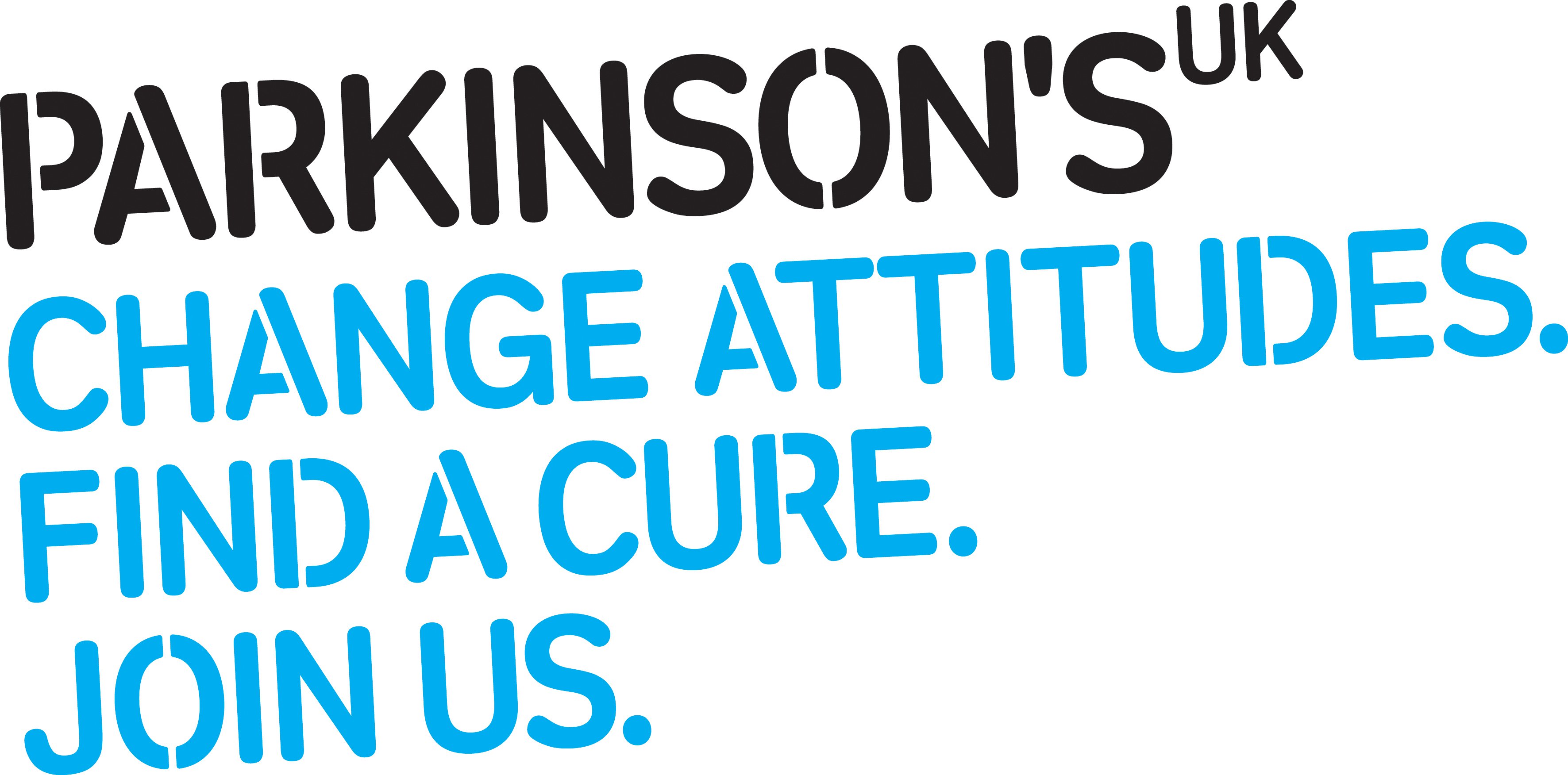Your DNA and genotyping
You may already know or have been previously tested for the GBA gene associated with Gaucher disease. The first time you take part in the Rapsodi study, after you have completed the online part of the study, we will send you a saliva kit in the post. We will ask you to return your saliva sample by post in the a pre paid envelope.
This saliva sample will be used to carry out genetic testing for the GBA gene and another gene known to increase the risk of developing Parkinson’s disease called LRRK2, which is found more often in communities where Gaucher disease is more common.
Will I discover whether I am a carrier of the GBA gene if I don’t already know?
This will be up to you. We will ask you upon enrolment in the study whether you would like to be given the result of a genetic test for this gene if you do not already know your status.
You should think carefully about this decision. Those who carry one copy of the gene have a 50% chance of passing it on to their children. If your partner also possesses one copy of the GBA gene (1% chance in the general population and 4% in the Ashkenazi Jewish community) there is a 25% chance that your child may develop Gaucher disease, which in many cases can be treated with enzyme replacement therapy or substrate reduction therapy. There is also around a 10% chance of developing Parkinson’s associated with carrying one or two copies of the gene. Carriers of the gene may have siblings and parents who are also carriers, therefore the decision may have an impact not just on you but on others in your family.
Will I discover whether I am a carrier of the LRRK2 gene if I don’t already know?
Again upon enrolment into the study we will ask you whether you would like to know your LRRK2 status.
You should think carefully about this decision. Although the LRRK2 gene is very rare (less than 1% of those in the Ashkenazi community and less than 0.01% of the general UK population) those who possess the LRRK2 gene have a 40% chance of developing Parkinson’s by the age of 80. Carriers of the gene have a 50% chance of passing it on to their children. Carriers of the gene may also have siblings and parents who are carriers, therefore the decision may have an impact not just on you but on others in your family.
What if I have further questions?
You can learn about any further information about patterns of inheritance .
Who can I speak to if I want to discuss this further?
If you would like to talk to somebody about anything to do with giving a sample or knowing a result, you can contact the study team and arrange to speak to one of the counselling team. You can contact us here











